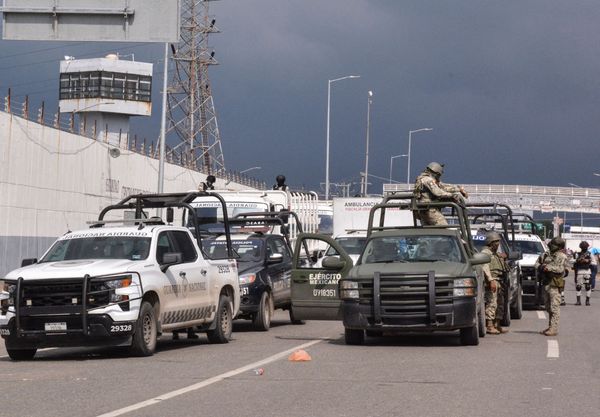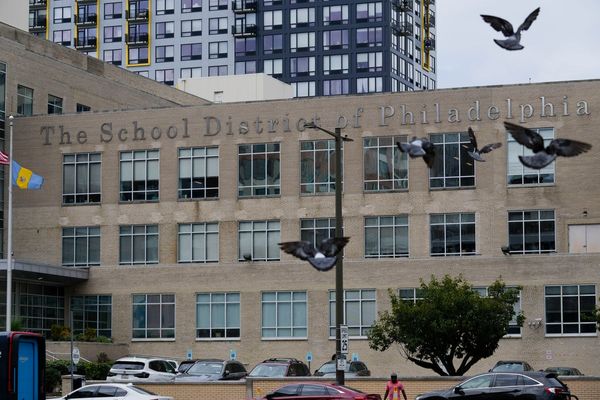
Sydney (AFP) - A high-profile rape case that ignited protests across Australia abruptly ended Thursday in a mistrial, prompting outrage from the alleged victim who said she had been treated like she was the criminal.
Brittany Higgins, 27, alleged that former conservative staffer Bruce Lehrmann, 27, raped her on a couch inside the parliamentary office of a government minister following a night of heavy drinking in March 2019.
Chief Justice Lucy McCallum declared a mistrial after a courtroom sheriff accidentally discovered a jury member with a copy of a document that was prohibited by the trial's strict rules.
Higgins sobbed as she spoke outside court following the mistrial, saying she had "told the truth, no matter how uncomfortable or unflattering to the court".
"I chose to speak up.To speak up and share my experiences with others," she said.
"He never faced one question in court about his story and the criminal charges.
"I was required to surrender my telephones, my passwords, messages, photos and my data."
In a further twist, Lehrmann's lawyers then referred Higgins' comments to police, suggesting they could prejudice a planned retrial in February.
Lehrmann has stridently maintained his innocence and pleaded not guilty to one charge of sexual intercourse without consent.
The jury -- comprising eight women and four men -- had been deliberating for five days when McCallum discharged them and declared a "miscarriage of a trial".
McCallum said court sheriffs found prohibited material -- namely, an academic paper on sexual assault -- inside the document holder of a jury member.
She said it was found when "one of the officers accidentally bumped one of the juror's document holders onto the floor".
"It has come to my attention that one of you has undertaken research in relation to issues in the case, and that material has entered the jury room," McCallum said.
"It may be that no harm has been done, but that's not a risk I can take...I have to discharge you all."
Jurors are prohibited from bringing outside material into the courtroom, and can only rely on what has been heard during the trial.
In her parting comments on Thursday, McCallum urged the media to remember the huge strain the trial had placed on both the complainant and the accused.
"Reporting of this matter should fall silent, so that the accused should have a fair trial, and so that Ms Higgins should have some respite from the intense glare of the media."
A 'cause celebre'
The allegations came to light in early 2021 and -- fuelled by intense publicity and the global #MeToo movement -- sparked a furious public backlash in Australia.
Shortly after they were aired, some 100,000 people marched in demonstrations held across the country against sexual violence.
Five separate investigations followed, collectively delivering a scathing indictment on the frequently sexist nature of Australian politics.
McCallum had described the case, heard in Australia's capital Canberra, as a "cause celebre" and had warned the jury to ignore the blizzard of publicity.
Lehrmann's lawyers unsuccessfully tried to postpone the trial after former conservative Prime Minister Scott Morrison apologised to Higgins during a sitting of parliament.
The lawyers said the apology could influence jury members and jeopardise a fair hearing.
Two cabinet ministers in Australia's former conservative government were called as witnesses during the 12-day trial.
They were asked whether political considerations had played a part in keeping the allegations out of the public eye.
Senator Linda Reynolds -- Higgins's boss at the time of the alleged rape -- denied coaching defence lawyers during cross examination.
Prosecutors had questioned whether Reynolds was trying to help the defence team because the allegations were politically embarrassing.
Senator Michaelia Cash -- a former Attorney General -- told the court it would have been "political suicide" to cover up the case.







